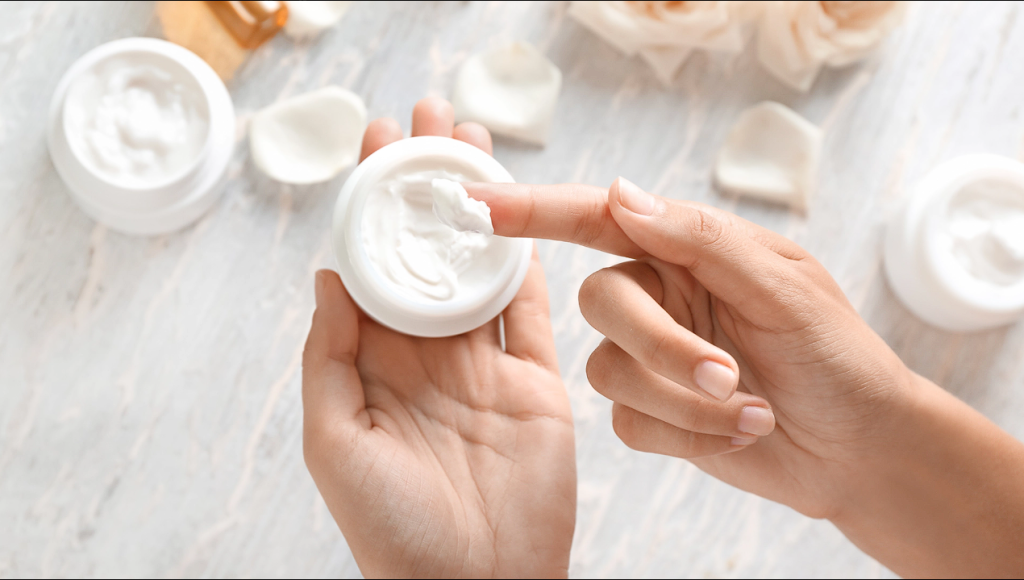Are Wrinkle Creams Worth It? A Dermatologist’s Perspective
Others are reading now
Mirror, mirror on the wall… That harsh bathroom light just revealed some new wrinkles this morning.
Cut to: an overwhelming selection of wrinkle creams filling shelves, all promising things like “clinically proven” and “dermatologist tested.”
But how well are these creams actually tested, and do they really work?
“As a dermatologist, I often get asked whether wrinkle creams are worth it. Are they science in a jar or just expensive hope in a bottle?”, says Iben Marie Miller in an article for Videnskab.
Also read
Let’s take a closer look at the research behind these products so you can separate fact from fiction.
How Strong is the Scientific Evidence?
Wrinkle creams contain active ingredients that resemble pharmaceuticals, but legally, they are classified as cosmetics. This means the research backing them can vary greatly.
When a product claims to have a “proven effect,” the evidence behind it can range from a small study where a few people report seeing results to more rigorous research using control groups and scientific measurements.
The reliability of studies increases when they include larger groups of participants or when wrinkle reduction is measured with photography, silicone impressions, or skin scans.
Our skin naturally contains collagen, which keeps it firm. As we age and expose our skin to the sun, collagen production slows, leading to wrinkles.
Even if a cream boosts collagen production in skin cells, that doesn’t necessarily mean enough is produced to visibly reduce wrinkles.
Interpreting results can also be tricky. If a cream reduces wrinkles by 10%, is that a small, moderate, or significant improvement? Many studies focus on fine lines, but what about deeper wrinkles?
Often, the research is funded by the manufacturers themselves, which can sometimes lead to overly positive interpretations of the results.
Another factor is the concentration of active ingredients and how often the product is applied. Not all brands disclose these details.
What Are ‘Cosmeceuticals’?
Wrinkle creams fall into the category of “cosmeceuticals”—a mix between cosmetics and pharmaceuticals.
These are skincare products that contain bioactive ingredients with scientifically recognized benefits.
However, they are still regulated as cosmetics, which means they don’t have to meet the strict testing standards required for medications.
The Best Anti-Wrinkle Cream is Sunscreen
Before we get into specific ingredients, let’s talk about the most effective way to prevent wrinkles: sunscreen.
Broad-spectrum sunscreens that protect against UVA and UVB rays help prevent collagen breakdown, making them the best defense against wrinkles.
If you want to invest in skincare, sunscreen is the best place to start.
Do Wrinkle Cream Ingredients Work?
The effectiveness of a wrinkle cream depends on its ingredients. Here’s a breakdown of the most researched ones:
-
Retinoids (Vitamin A Derivatives): The most studied ingredient. Prescription-strength retinoids like tretinoin have shown strong wrinkle-reducing effects. Over-the-counter versions (retinol, retinaldehyde) can also be effective, though results vary.
-
Bakuchiol: A plant extract that stimulates collagen production, showing similar effects to retinol in some studies.
-
Hydroxy Acids (AHAs & BHAs): Found in fruit and milk, these acids help exfoliate and renew skin, improving fine lines over time.
-
Peptides: Some peptides help build collagen, while others mimic the effects of Botox by relaxing facial muscles.
-
Antioxidants (Vitamins B3, C, and E): These fight free radicals that damage skin. Vitamin B3 (niacinamide) has the strongest evidence for reducing fine lines.
-
Hyaluronic Acid & Collagen: Mostly function as moisturizers, temporarily plumping the skin to reduce the appearance of wrinkles.
Science or Marketing Hype?
Should we embrace wrinkles as signs of a life well-lived, or should we fight them with every cream available? The answer is personal.
Some wrinkle creams have solid science behind them—especially those with certain retinoids. Others promise the world but deliver little more than hydration.
Ultimately, using a wrinkle cream is like having a gym membership—it only works if you use it consistently and for a long time.








